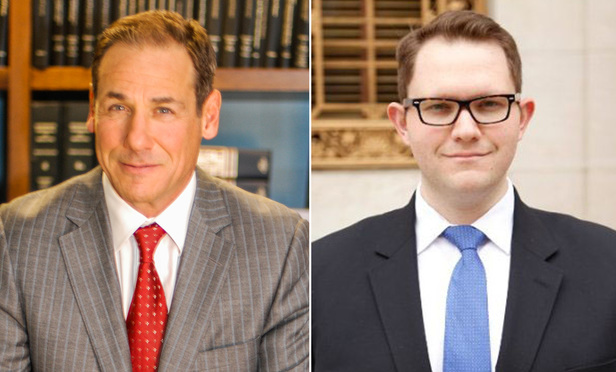In 1982, a college undergraduate student named Gregory Watson discovered that a constitutional amendment that was proposed in 1789 along with the amendments that eventually became the Bill of Rights, could become the 27th Amendment of the U.S. Constitution more than 200 years later, if enough states ratified it. Watson proposed this idea in a paper for a government class at the University of Texas at Austin. His professor gave him a C, calling this idea a “dead letter issue” and saying it would never become a part of the constitution. It took a decade, but eventually, Watson’s self-financed campaign to have the amendment ratified was successful, and the 27th Amendment was adopted in 1992. The amendment reads: “No law, varying the compensation for the services of the Senators and Representatives, shall take effect, until an election of Representatives shall have intervened.” Since then, the 27th Amendment has received very little publicity, except for the occasional news story about Watson’s personal quest to get it passed. But in 2014, during the fight in Congress over the federal government’s budget, GOP House leaders proposed linking congressional pay to the budget debate, and it didn’t take long for journalists and academics to recall the 27th Amendment. Critics were quick to point out that withholding pay, even temporarily, would “vary” the compensation for Congress members, and in their opinion, presented a direct violation of the 27th Amendment. Eventually, a short-term budget compromise was reached and the bill’s validity under the 27th Amendment was never tested. Recently, 35 years after his C paper, the University of Texas at Austin changed Watson’s grade to an A.
You may be asking, what does this interesting and inspirational story have to do with binding trial attorneys by their opening statements, as this article’s title references? The answer is that although the theory that follows is rooted in a U.S. Supreme Court decision more than 130 years old, it is a decision that has never been overturned, and is aged like a fine wine, ready to be trotted out and showcased in an argument that attorneys should be bound at trial by their opening statements. The case is Oscanyan v. Arms, 103 U.S. 261 (1881), but more on that later.



